Research reports show that the Government , ministries, branches, and local authorities at all levels have been very proactive and determined in organizing the administrative system in a streamlined, effective, and efficient manner, in line with the requirements of national governance innovation. However, through the Government's reports and reflections on reality, it is shown that resources to carry out tasks at the commune level are still difficult.
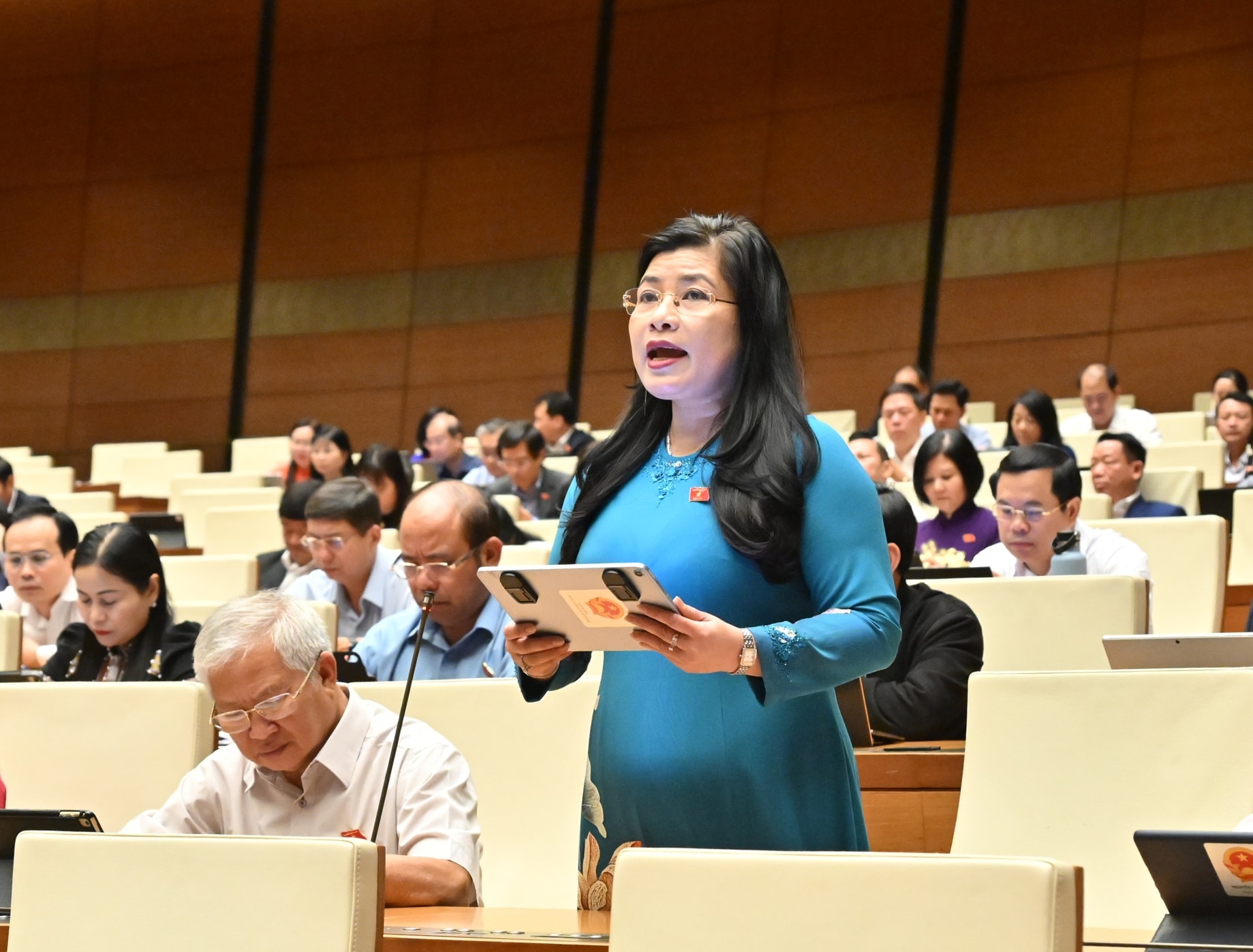
After the administrative reorganization, the number of commune-level officials and civil servants has decreased, while the scope of management is wider and the workload is greater. Many places still lack civil servants with professional qualifications in fields such as science , technology, land administration, finance, construction, etc. This leads to pressure and low work efficiency.
Regarding facilities, technical infrastructure, and information technology infrastructure systems, there are places that are not really synchronous, lacking equipment, transmission lines, and management software. This causes difficulties in implementing digital government, providing online public services, and carrying out digital transformation tasks.
The decentralization mechanism is still inadequate. According to the Government's report, some ministries, branches and localities have not been really determined and have not clearly identified decentralization as a key, important and urgent task to propose decentralization and delegation contents associated with cutting and simplifying administrative procedures in the sector and field. The rate of decentralization and delegation tasks associated with administrative procedures for localities is not high, currently only reaching about 56% of the requirement.
Some legal regulations are unclear and have not been thoroughly guided, leading to many different interpretations, causing difficulties in application. They need timely guidance from superior professional agencies.
The budgetary financial mechanism has not kept up with the new model, while the management area is wider. The assignment of budget expenditure tasks after the reorganization still has many problems; some tasks are assigned according to decentralization and authorization but do not have accompanying funding sources, causing difficulties in implementation.

From the above practices, I would like to propose some contents. Firstly , it is necessary to arrange and build a team of competent and stable commune-level cadres, especially cadres with expertise in finance, land, science, technology, and construction to solve work more promptly and effectively. Continue to research specific policies, attract and reward investment in training and fostering grassroots cadres, especially in areas with difficult socio-economic conditions.
Second , it is necessary to review the regulations on reasonable allocation of resources to the commune level in connection with the assigned functions and tasks according to the principle of allocating resources to perform the tasks to the assigned level, avoiding the situation of assigning tasks without ensuring the resources to perform them, especially the implementation costs. The budget must ensure that the commune-level government can proactively perform the tasks of socio-economic development, social security, environmental protection, and national defense and security.
Third , it is necessary to promote digital transformation at the commune level, forming a digital government close to the people. It is necessary to invest in infrastructure systems, databases, and unified management software so that communes can receive, process, and monitor work on a digital platform, reduce administrative pressure, and increase transparency.
Fourth , continue to review and complete the regulations on the unified institutional framework on decentralization and delegation of power between provincial and communal authorities in the two-level government model in a clear and transparent manner, in which responsibilities, powers and power control mechanisms are clearly defined, avoiding the situation of decentralization and administrative delegation without a clear legal basis. At the same time, it is necessary to supplement transparent regulations on the mechanism of inspection, supervision and control of power to avoid violations and abuse of power. This needs to be prevented, detected and handled early.
The arrangement and improvement of the state apparatus is an inevitable process to better serve the people. Investing resources at the commune level is investing in the sustainable operation of the two-level government and the people's trust in the Party and the State. Therefore, it is necessary to focus on reviewing and improving institutions, ensuring resources so that the two-level government model can operate effectively and serve the people better.
Source: https://daibieunhandan.vn/bao-dam-nguon-luc-de-chinh-quyen-2-cap-van-hanh-thuc-chat-hieu-qua-10397227.html








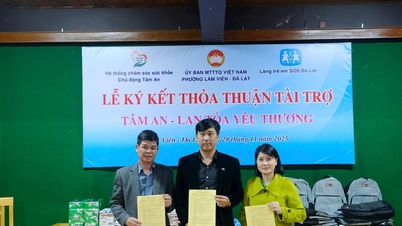





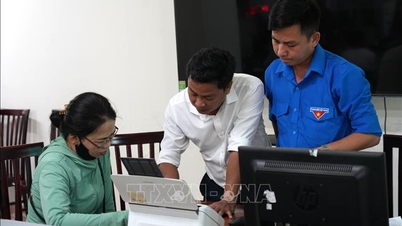

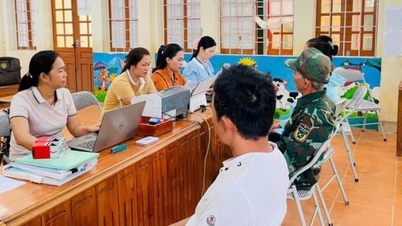

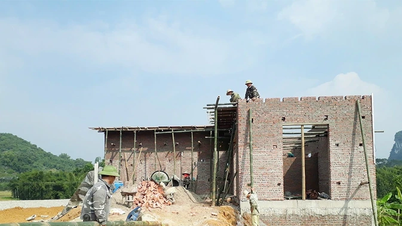



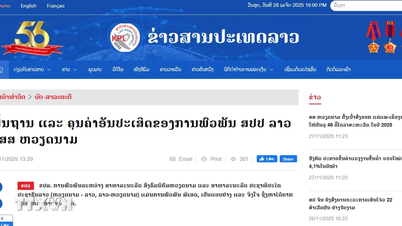












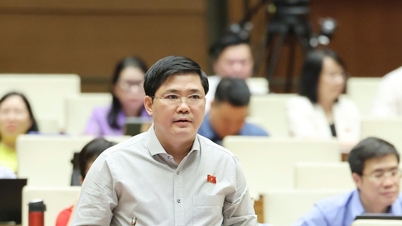


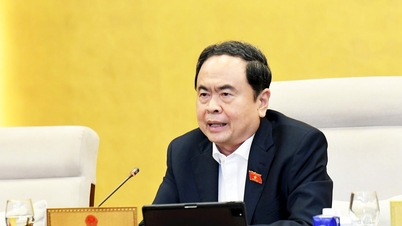
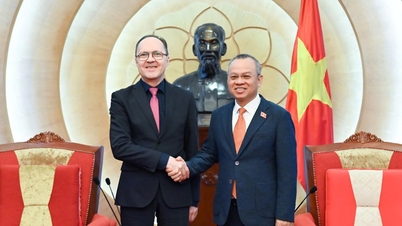
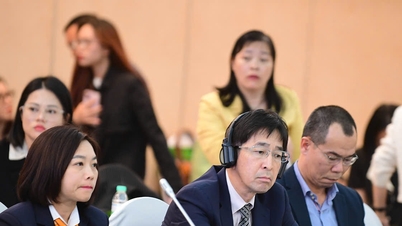



















































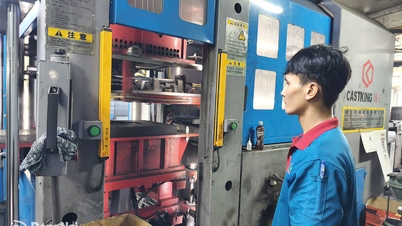



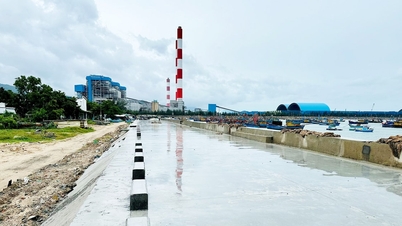
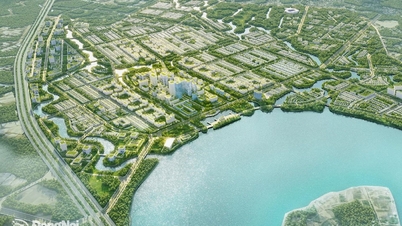











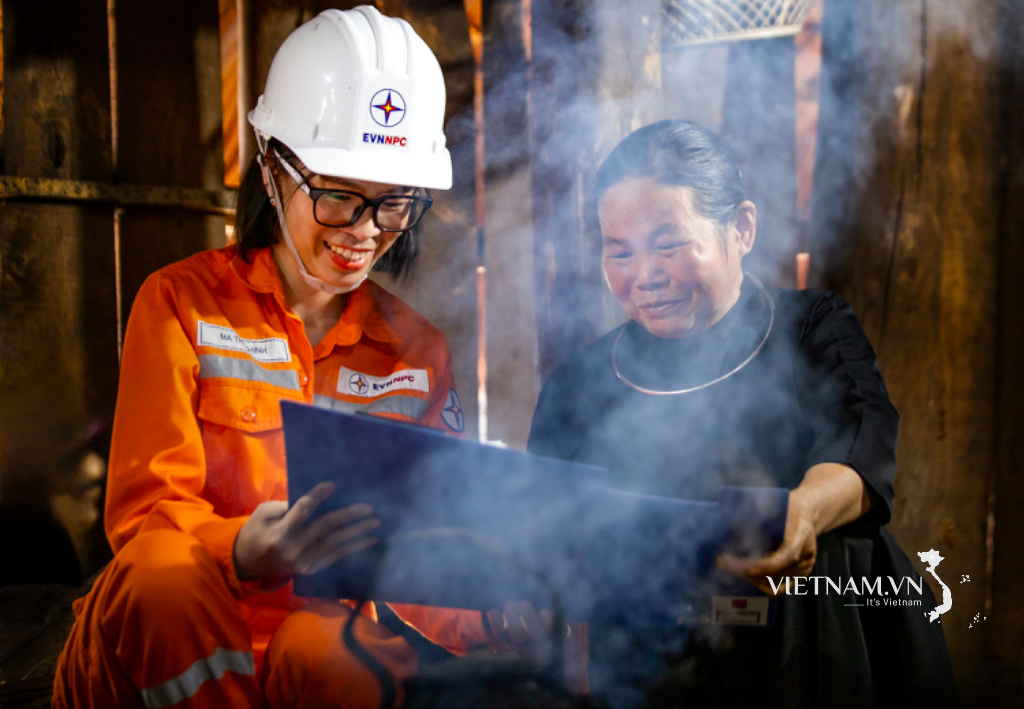

Comment (0)